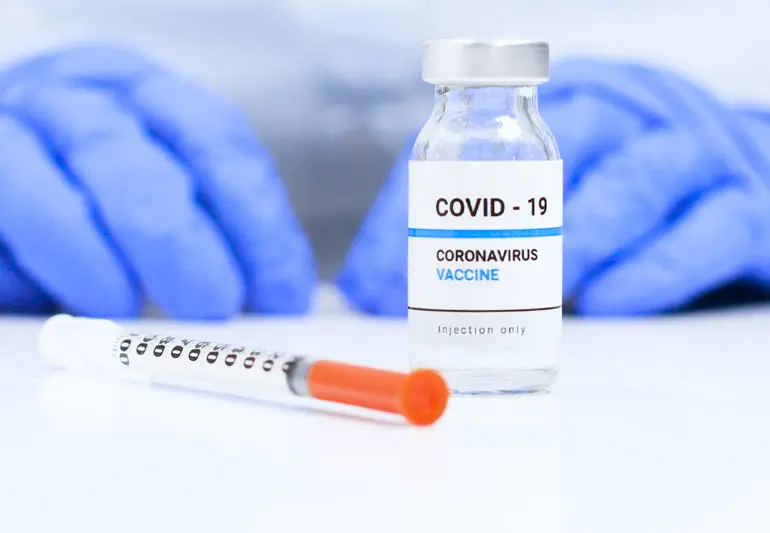- Home
- Medical news & Guidelines
- Anesthesiology
- Cardiology and CTVS
- Critical Care
- Dentistry
- Dermatology
- Diabetes and Endocrinology
- ENT
- Gastroenterology
- Medicine
- Nephrology
- Neurology
- Obstretics-Gynaecology
- Oncology
- Ophthalmology
- Orthopaedics
- Pediatrics-Neonatology
- Psychiatry
- Pulmonology
- Radiology
- Surgery
- Urology
- Laboratory Medicine
- Diet
- Nursing
- Paramedical
- Physiotherapy
- Health news
- Fact Check
- Bone Health Fact Check
- Brain Health Fact Check
- Cancer Related Fact Check
- Child Care Fact Check
- Dental and oral health fact check
- Diabetes and metabolic health fact check
- Diet and Nutrition Fact Check
- Eye and ENT Care Fact Check
- Fitness fact check
- Gut health fact check
- Heart health fact check
- Kidney health fact check
- Medical education fact check
- Men's health fact check
- Respiratory fact check
- Skin and hair care fact check
- Vaccine and Immunization fact check
- Women's health fact check
- AYUSH
- State News
- Andaman and Nicobar Islands
- Andhra Pradesh
- Arunachal Pradesh
- Assam
- Bihar
- Chandigarh
- Chattisgarh
- Dadra and Nagar Haveli
- Daman and Diu
- Delhi
- Goa
- Gujarat
- Haryana
- Himachal Pradesh
- Jammu & Kashmir
- Jharkhand
- Karnataka
- Kerala
- Ladakh
- Lakshadweep
- Madhya Pradesh
- Maharashtra
- Manipur
- Meghalaya
- Mizoram
- Nagaland
- Odisha
- Puducherry
- Punjab
- Rajasthan
- Sikkim
- Tamil Nadu
- Telangana
- Tripura
- Uttar Pradesh
- Uttrakhand
- West Bengal
- Medical Education
- Industry
No adverse effect of Pfizer and Moderns vaccine on sperm Parameters: JAMA

Recent research observed that the sperm parameters before and after 2 doses of a COVID-19 mRNA vaccine showed no significant decrease among a small cohort of healthy men.
The study is published in the JAMA Network.
Two mRNA vaccines, BNT162b2 (Pfizer-BioNTech) and mRNA-1273 (Moderna), received Emergency Use Authorization from the US Food and Drug Administration. Despite high efficacy and few adverse events found in clinical trials, only 56% of individuals in the US reported wanting to receive the vaccine.
One of the reasons for vaccine hesitancy is the potential negative effect on fertility. Because reproductive toxicity was not evaluated in the clinical trials and SARS-CoV-2 has been associated with decreases in sperm parameters, Daniel C. Gonzalez and colleagues from the Department of Urology, University of Miami, Miami, Florida carried out the present study to assess the sperm parameters before and after mRNA vaccine administration.
Men aged 18 to 50 years scheduled for mRNA COVID-19 vaccine were prescreened to ensure they had no underlying fertility issues. Those with COVID-19 symptoms or a positive test result within 90 days were excluded.
Participants provided a semen sample after 2 to 7 days of abstinence, prior to receiving the first vaccine dose and approximately 70 days after the second. Semen analyses were performed by trained andrologists per World Health Organization guidelines and included semen volume, sperm concentration, sperm motility, and total motile sperm count (TMSC).
Individuals with oligospermia (sperm concentration <15 million/mL) were included. After calculating data distribution on normality test, medians and interquartile ranges (IQRs) were reported for all variables.
Wilcoxon rank sum test was used to compare pre- and postvaccination semen parameters. Change in TMSC is presented graphically. Statistical analysis was performed with SPSS version 24 (IBM). A 2-tailed P value less than .05 was considered statistically significant.
The following findings were highlighted-
a. Of the 45 men, 21 (46.7%) received BNT162b2 and 24 (53.3%) received mRNA-1273.
b. Baseline sperm concentration and TMSC were 26 million/mL (IQR, 19.5-34) and 36 million (IQR, 18-51), respectively.
c. After the second vaccine dose, the median sperm concentration significantly increased to 30 million/mL (IQR, 21.5-40.5; P = .02) and the median TMSC to 44 million (IQR, 27.5-98; P = .001).
d. Semen volume and sperm motility also significantly increased.
e. Eight of the 45 men were oligospermic before the vaccine (median concentration, 8.5 million/mL [IQR, 5.1-12]).
f. Of these 8, 7 men had increased sperm concentration to normozoospermic range at follow-up (median concentration, 22 million/mL [IQR, 17-25.5]), and 1 man remained oligospermic.
g. No man became azoospermic after the vaccine.
Therefore, the authors concluded that "there were no significant decreases in any sperm parameter after 2 doses of a COVID-19 mRNA vaccine."
Dr. Nandita Mohan is a practicing pediatric dentist with more than 5 years of clinical work experience. Along with this, she is equally interested in keeping herself up to date about the latest developments in the field of medicine and dentistry which is the driving force for her to be in association with Medical Dialogues. She also has her name attached with many publications; both national and international. She has pursued her BDS from Rajiv Gandhi University of Health Sciences, Bangalore and later went to enter her dream specialty (MDS) in the Department of Pedodontics and Preventive Dentistry from Pt. B.D. Sharma University of Health Sciences. Through all the years of experience, her core interest in learning something new has never stopped. She can be contacted at editorial@medicaldialogues.in. Contact no. 011-43720751
Dr Kamal Kant Kohli-MBBS, DTCD- a chest specialist with more than 30 years of practice and a flair for writing clinical articles, Dr Kamal Kant Kohli joined Medical Dialogues as a Chief Editor of Medical News. Besides writing articles, as an editor, he proofreads and verifies all the medical content published on Medical Dialogues including those coming from journals, studies,medical conferences,guidelines etc. Email: drkohli@medicaldialogues.in. Contact no. 011-43720751


